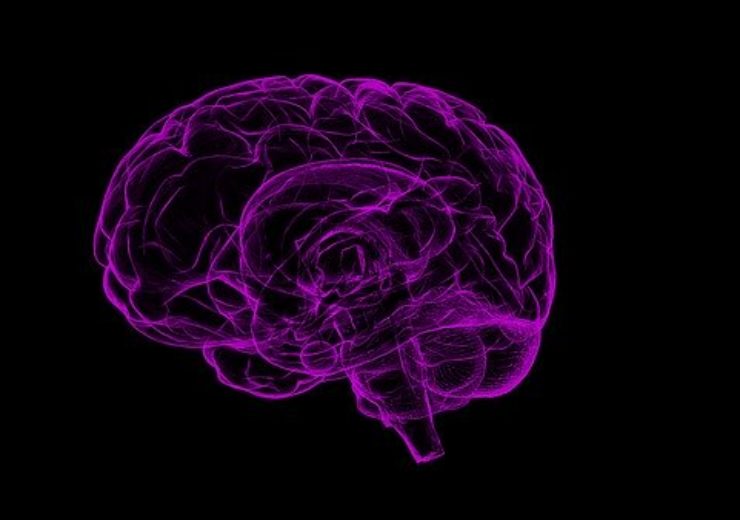Biogen will pay an upfront payment of $75m and additional development and commercialisation milestone payments of up to $635m, along with tiered royalties

Biogen to acquire Pfizer’s psychiatric drug PF-05251749 (Credit: Raman Oza from Pixabay.)
Biogen has agreed to acquire Pfizer’s PF-05251749, intended for behavioural and neurological symptoms across various psychiatric and neurological diseases, for up to $710m.
In addition, Biogen intends to develop the infrastructure for Phase 1 treatment of Sundowning in Alzheimer’s disease (AD) and Irregular Sleep Wake Rhythm Disorder (ISWRD) in Parkinson’s disease (PD).
Under the terms of the agreement, Biogen will pay an upfront payment of $75m and additional development and commercialization milestone payments of up to $635m, along with tiered royalties.
Biogen research and development executive vice president Alfred Sandrock Jr said: “This asset is highly complementary to our existing pipeline of potential disease-modifying therapies in Alzheimer’s and Parkinson’s diseases.
“Many patients with Alzheimer’s and Parkinson’s suffer from debilitating sleep disorders and agitation, and we believe that the regulation of the circadian rhythm may hold promise in addressing these challenging behavioural and neurological symptoms.”
PF-05251749 is an advanced, CNS-penetrant, small molecule inhibitor of CK1
According to the company, various psychiatric and neurological diseases, including certain key symptoms of AD and PD would disrupt the circadian rhythm.
Casein kinase 1 (CK1) is said to play a crucial role in controlling circadian rhythm and influences almost all vital physiology and metabolism of the body.
Biogen said that Pfizer’s PF-05251749 is a CNS-penetrant small molecule that inhibits CK1, and has shown an acceptable safety profile and proof of mechanism in a Phase 1a clinical trial.
In addition, the company is planning to start a Phase 1b study in the fourth quarter of 2020, and explore the potential of PF-05251749 to treat Sundowning in AD by correcting circadian rhythm and to treat symptoms of ISWRD to improve daytime wakefulness, sleep quality, behaviour and daily function.
The transaction is expected to be closed, subject to customary closing conditions including the expiration of the waiting period under the Hart Scott Rodino Antitrust Improvements Act of 1976 in the US, in the first quarter of 2020.
